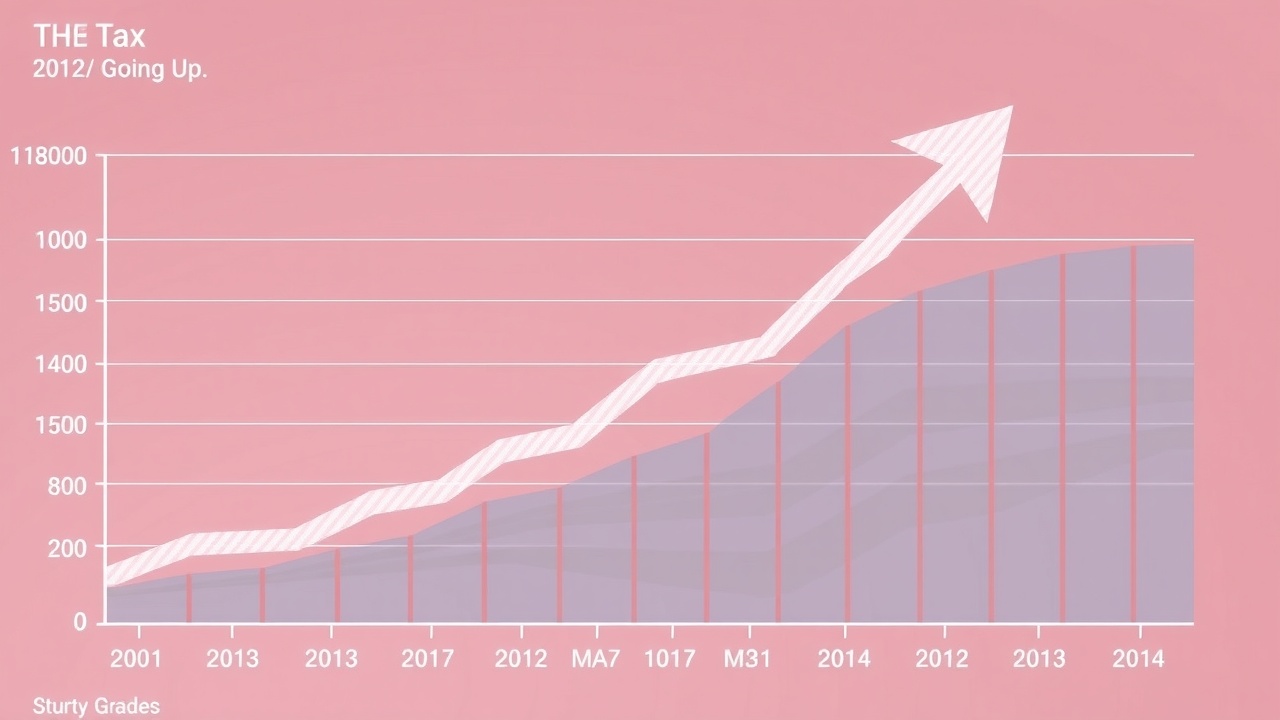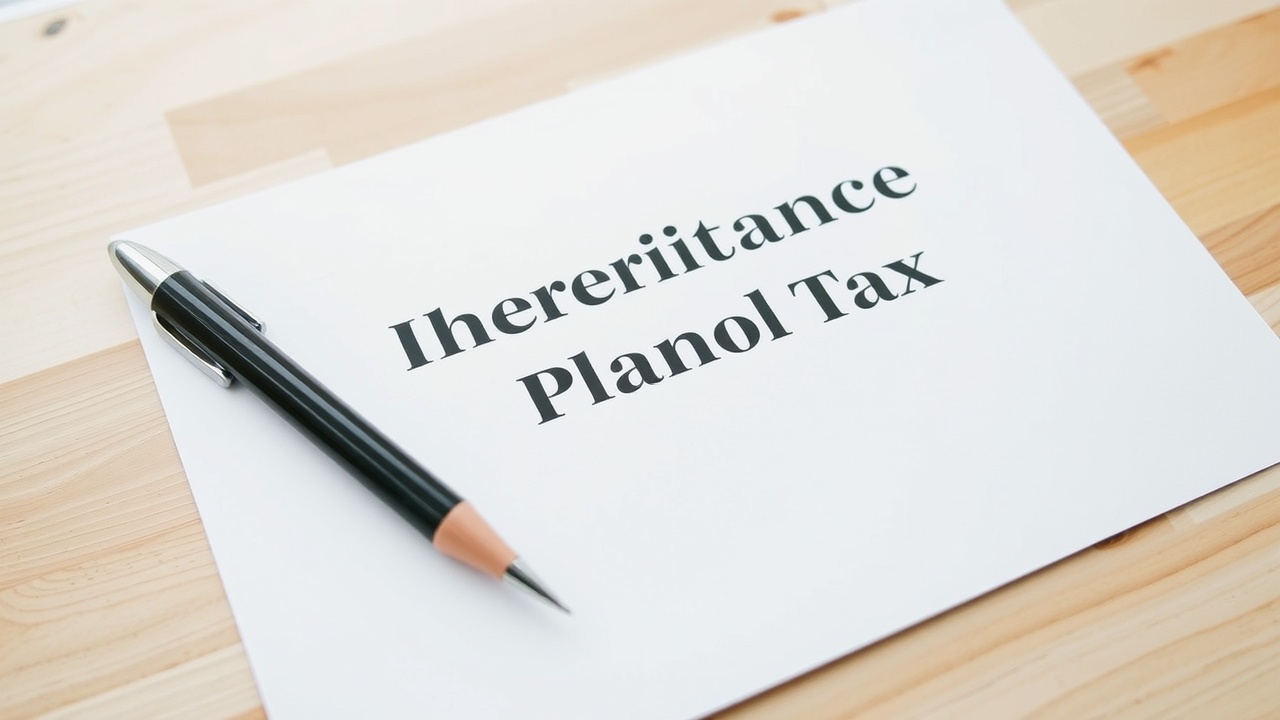
Inheritance tax receipts will probably continue to rise as a result of rising home prices and frozen tax thresholds
According to the most recent official data from HMRC, inheritance tax revenues are still increasing. In May 2025, estates paid 1 point 5 billion in taxes.
As more families are impacted by frozen tax thresholds and the increasing value of assets, the number is up 7% annually (98 million) from the same time last year.
Since pensions will be included in the value of an estate and business and agricultural reliefs will be limited starting in 2027, analysts caution that inheritance tax receipts are only likely to rise further.
Given that property values are still high and that nil-rate bands are frozen until 2030, more estates are falling into the IHT net, frequently without any intentional wealth accumulation, according to Rachael Griffin, a tax and financial planning specialist at Quilter. Families may not be prepared, especially if no prior planning has been done.
As chancellor Rachel Reeves is reportedly considering reversing plans to charge IHT on overseas assets after a set period, there may be some relief for former non-doms.
Wealth Club's investment manager, Nicholas Hyett, stated: "This was a decision that was initially anticipated to generate an extra 430 million annually for HMRC.
But the possible U-turn is undoubtedly due to the wealthy non-doms' departure during the past six months or so. Not only will taxes be lower than anticipated, but the UK will also lose out on all the other advantages that these affluent citizens provide, such as investment, spending, and charitable giving.
"The UK is very appealing, but not enough to sacrifice 40% of your family's wealth. Unfortunately, the government won't pay attention until the numbers speak for themselves.
However, you can take action to lower your IHT bill without waiting for the government to alter the law.
Methods for reducing your inheritance tax liability.
If the estate's value is less than £325,000, inheritance tax is typically not due; however, there are methods to raise this amount. If your estate is less than £2 million, for example, you could give your home to your children or grandchildren and receive up to £500,000 free from inheritance tax.
Since married couples can transfer assets to one another tax-free, splitting tax allowances with your spouse can help lower your bill.
According to Griffin, depending on the type of trust, transferring assets like savings or real estate into trusts can also be a smart way to remove money from your estate while maintaining some degree of control over how it is used. Even so, there are expenses involved.
The gift is an additional choice.
According to Ian Dyall, head of estate planning at Evelyn Partners, "One common choice is to make regular gifts using the normal expenditure out of surplus income exemption. Another is to look into longer-term gifting plans, like starting the seven-year clock on larger gifts.
"We don't yet know how long clients can utilize these options. At some point, the government might decide to change the gifting laws, possibly raising the seven-year rule to ten years. This would put an additional barrier in the way of people wishing to transfer wealth in a way that minimizes taxes.














Leave a comment on: 7% increase in inheritance tax revenues: ways to reduce your burden